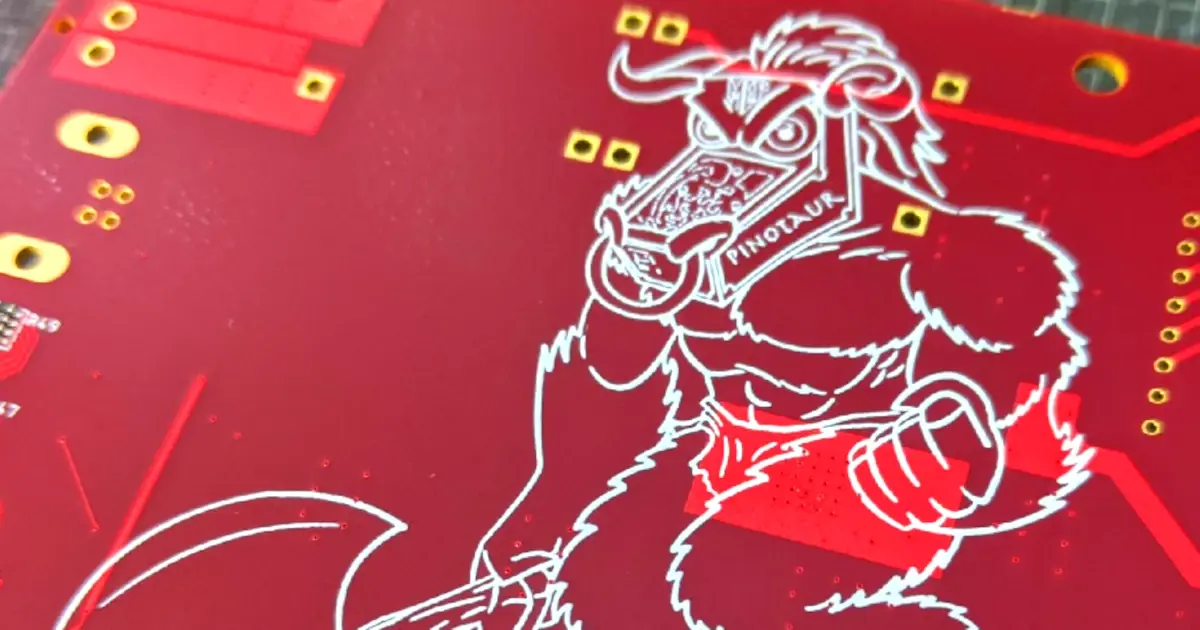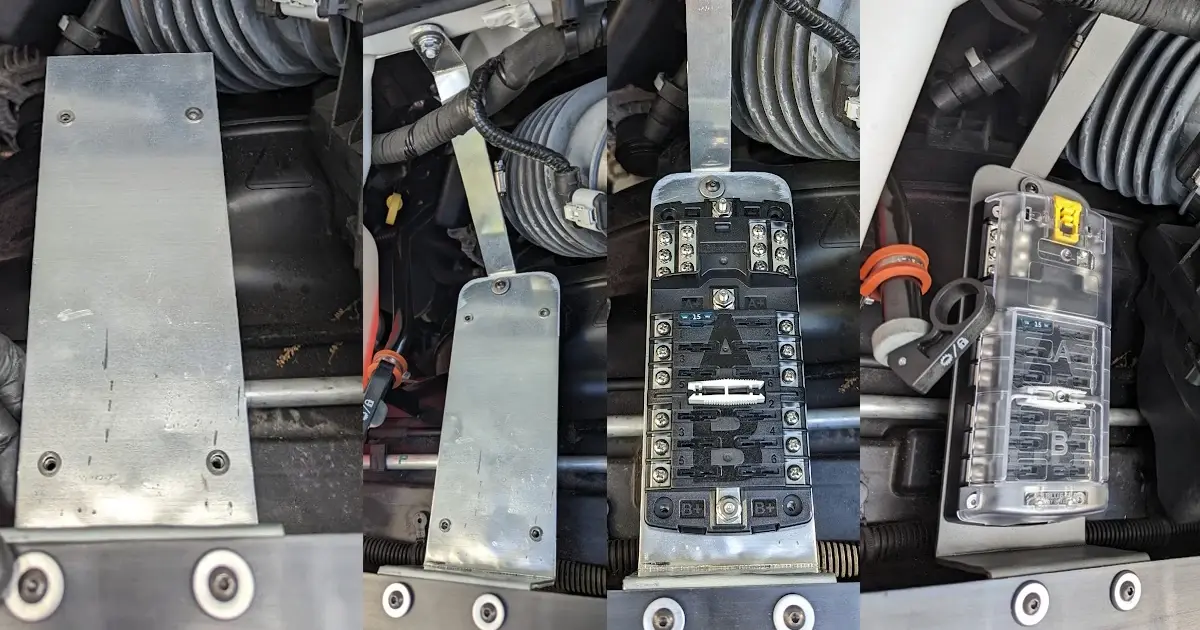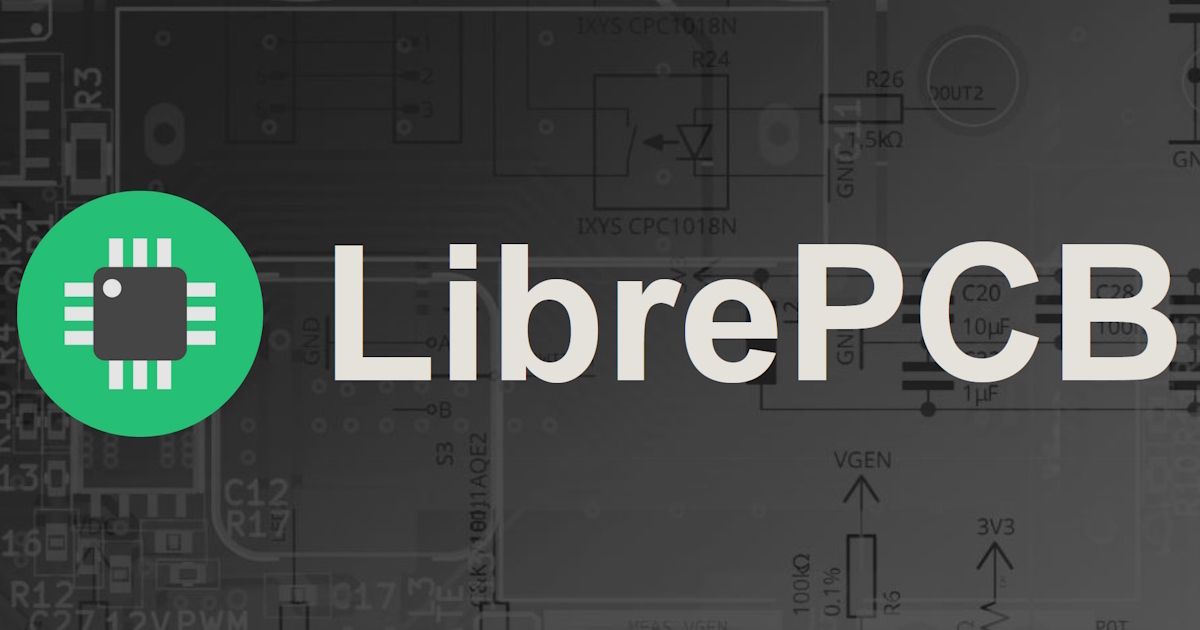Related Topics
Building LibrePCB - Urban Bruhin's Journey in Open Source EDA
Urban Bruhin shares his journey from being an electrical engineer to developing LibrePCB, driven by his dissatisfaction with existing EDA tools like Eagle.
Starting From The Beginning
When did you start listening to the podcast? Have a favorite episode? Let Stephen and Parker know which is your favorite.
Illuminati Moment
Is there a statue of limitations on open source hardware projects? This week, Stephen and Parker dive into what open source means for both of them.
Other Resources
Circuit Break Podcast
Webinars
Videos
Tour MacroFab's ITAR-Compliant Facility
October 13, 2021, Episode #298
- Benjamin Heckendorn
- An electronics hacking entertainment guru
- Former host of Element 14’s “ The Ben Heck Show”
- Chris Kraft
- A tinkerer currently working as a software engineer in the financial services industry
- Extensive background in 3d printing and building anything that seems interesting
- Previous Podcasts with Ben and Chris
- Has Open Source Hardware Run It’s Course?
- A google search of “open hardware” or “open source hardware” yields one of two results
- A definition of OSHW
- A lot of requests for is there an open source XYZ?
- 10 commercially successful open source hardware projects in 2013
- Top Open-Source Hardware Websites and Community in 2019
- E3D’s no-nonsense approach to intellectual property
Related Podcasts

Illuminati Moment
Is there a statue of limitations on open source hardware projects? This week, Stephen and Parker dive into what open source means for both of them.

Starting From The Beginning
When did you start listening to the podcast? Have a favorite episode? Let Stephen and Parker know which is your favorite.

Ben Heck and the PinoTaur
Benjamin Heckendorn rejoins the podcast to discuss Pinball Hardware and Text Adventure Games.

Discrete Atomic Luffa Control
Ben and Chris come on the podcast to talk about the latest in 3D printing and humble luffas.

Building LibrePCB - Urban Bruhin's Journey in Open Source EDA
Urban Bruhin shares his journey from being an electrical engineer to developing LibrePCB, driven by his dissatisfaction with existing EDA tools like Eagle.
About MacroFab
MacroFab offers comprehensive manufacturing solutions, from your smallest prototyping orders to your largest production needs. Our factory network locations are strategically located across North America, ensuring that we have the flexibility to provide capacity when and where you need it most.
Experience the future of EMS manufacturing with our state-of-the-art technology platform and cutting-edge digital supply chain solutions. At MacroFab, we ensure that your electronics are produced faster, more efficiently, and with fewer logistic problems than ever before.
Take advantage of AI-enabled sourcing opportunities and employ expert teams who are connected through a user-friendly technology platform. Discover how streamlined electronics manufacturing can benefit your business by contacting us today.